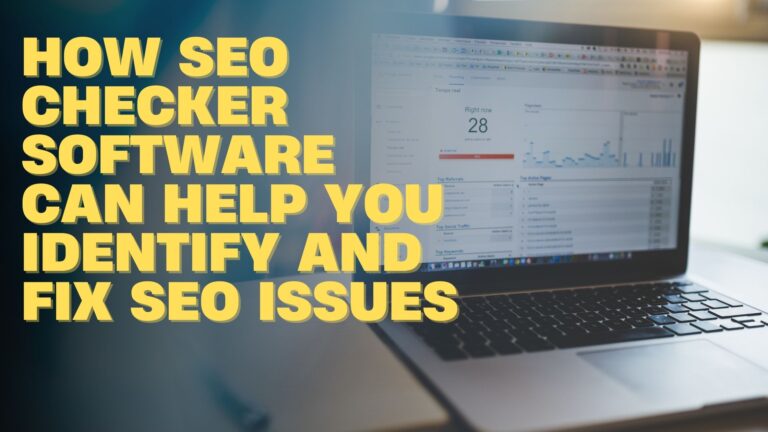Last updated on December 20th, 2025 at 07:40 am
Okay, so I’ve seen those headlines, too you know, “State bans gardens!” and “Couple fined $50 a day for growing tomatoes!” Seems outrageous, right? Well, I’ve gone down the rabbit hole to find out for sure.
Table of Contents
The Real Story
First off, there’s no state in the U.S. where you’re outright banned from having a home garden. You’re not violating federal law by planting a tomato in your backyard. But and yes, there’s a but depending on where you live, your city or HOA can make it really hard.
The restrictions generally come from the local government’s zoning ordinances or the homeowners’ association rules. They might tell you where you can plant your food, what you can plant, or even how your garden should look. So when people are saying “it’s illegal to garden,” what it actually means is “my city won’t let me grow veggies in my front yard” or “I’ll get fined if I do.”
It’s annoying, sure, but it ain’t the end of the world.
What Happened to These Viral Cases?
Remember that Miami couple that spent six years fighting to keep their front-yard garden? Hermine Ricketts and Tom Carroll had been planting veggies in their yard for 17 years when Miami Shores decided that squash was an eyesore and banned them from the front yard. The city included $50 daily fines, and the couple rolled with the punches.
The case ended up in court and became a major viral sensation under the rallying cry of “let them plant!” Ricketts and Carroll won the lawsuit, but that wasn’t until several years and a bunch of legal fees. However, their fight did result in Florida passing a law allowing veggie gardens statewide in 2019.
And then there’s Tulsa, Oklahoma. Where they made the totally reasonable-sounding rule that plants on a homeowner’s property couldn’t be taller than a foot unless the produce from those plants wasn’t for decoration, but for human consumption.
It seems reasonable until it’s applied broadly and poorly, resulting in a family’s perfectly okay garden facing eviction. And suddenly, there’s a weird, small-town story about a small violation turning into a forced planticide.
States That Actually Protect Your Right to Garden
These examples aren’t fabricated but are rare instances that happened to catch the eye of the online masses. Most states and cities don’t ban gardens, and others understand the importance of protecting citizens who keep flourishing vegetable patches. Despite all of that, the only two states where your right to garden veggies is enshrined in the law are:
Florida
In 2019 Florida issued the Vegetable Gardens Bill, which stops cities and HOAs from banning vegetable gardens on residential property. No longer will someone be able to say “no” to a garden of herbs, fruits, flowers, and vegetables, at least not legally.
Illinois
Thanks to “The Vegetable Garden Protection Act,” Illinois officially protects a property owner’s right to “cultivate vegetable gardens in their own property.” You can even grow herbs, fruits, and pollinator plants on your turf. Not much more you can ask for.
There you have it. As of now, only Florida and Illinois have legislative protection for your veggies. However, it seems that other states are catching up, or at least slowly understanding the importance of such protection. For example, this year:
The Iowa Senate voted unanimously for the “Freedom to Garden Act,” which prohibits state and local governments from banning vegetable gardens on your property, be it owned or rented. They can’t use zoning rules to drive people out of the veggies and into a cornfield. The bill explicitly prohibits growing marijuana, but Iowans don’t seem to mind that too much.
In Arkansas, a new bill was introduced to “encourage and protect the sustainable cultivation of vegetables and fruits on residential property.” The bill states that any local ordinances that regulate vegetable gardens are “void and unenforceable.” Such victory.
So, as you can hear, New York adopted the “Garden Protection Act” in 2025 to protect home vegetable gardens, native plant gardens, and pollinator gardens on residential property. That means that the trend is to protect rather than ban more. That is refreshing.
What about HOAs?
Here’s where it gets messy. Even in Florida and Illinois, HOAs can still make your life difficult. They can’t outright ban gardens anymore , but they can require architectural approval, restrict certain plant types, or limit garden size.
Common HOA restrictions I’ve seen:
- Gardens can’t take up more than a certain percentage of your yard
- Height restrictions on plants and structures
- You need approval before planting anything
- Front-yard bans even though backyards are usually fair game
If you’re in an HOA community, check your CC&R s Covenants, Conditions, and Restrictions before you start digging. Some HOAs are getting more flexible, but others are still stuck in the “lawns must be perfect” mindset.
The Real Challenge: Local Zoning Rules
Most garden restrictions come from city and county ordinances, not state laws. Cities love to regulate front yards because they think vegetables look “messy” compared to perfectly manicured grass.
Typical restrictions include:
- Front-yard vegetable bans backyards are usually fine
- Plant height limits
- Density rules like “vegetables can’t cover more than 30% of your yard”
- Design requirements to maintain “neighborhood aesthetics”
The frustrating part? These rules vary wildly from one city to the next. What’s legal in one town might get you fined in the next one over.
How to Actually Navigate This
If you’re thinking about starting a garden, here’s what I’d do:
Check local regulations first. Call your city or county zoning office and ask specifically about vegetable gardens. Don’t assume it’s allowed just because your neighbor has one.
Read your HOA rules. If you live in an HOA community, dig through those CC&Rs or ask the management company directly. Get it in writing.
You get fined. This is pretty rare, though, and in most cases, if you realize growing food violates a local rule, you’ll probably take your garden down before it’s an issue.
You can challenge it. Make a fuss, and the city will likely realize that shutting down a food garden makes them look like jerks. If an HOA’s fine is involved, pay a lawyer to get it overturned.
You learn from it for next time. Now you know your city prohibits front yard gardens. If/when you do anything about that, you do it knowing you should keep things in the backyard.
Read: [Solved]-How To Fix High CPU Usage in Windows 11
Passionate content writer with 4 years of experience specializing in entertainment, gadgets, gaming, and technology. I thrive on crafting engaging narratives that captivate audiences and drive results. With a keen eye for trends and a knack for storytelling, I bring fresh perspectives to every project. From reviews and features to SEO-optimized articles, I deliver high-quality content that resonates with diverse audiences.



